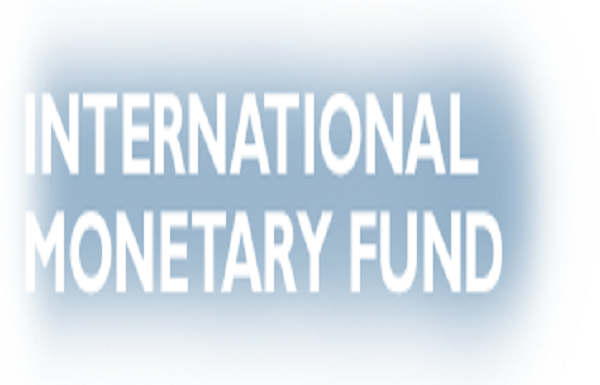|
The Executive Board of the IMF concluded the Article IV consultation 1 with Dominica, on July 13, 2016. The Dominican economy was hit hard by tropical storm Erika, with output estimated to have declined by 3.9% in 2015. While tourism activities have largely normalized following the resumption of full operations at the main airport, other sectors will likely need more time to be fully restored.
Agricultural output and manufacturing declined sharply, as the storm affected crops and access to arable land, and prompted the closure of operations of the main industrial plant. In addition, the protracted decline of banks’ credit to the private sector remains a drag on economic activity, underpinned by high non-performing loans. Inflation has remained subdued, mainly as a result of falling fuel prices. Notwithstanding weak exports of agriculture and tourism, the 2015 current account deficit remained contained on the back of lower oil imports. Output growth is expected to remain subdued in 2016 at 1.3% as the economy slowly recovers from the storm, and investment in reconstruction picks up. This growth, however, is largely conditional on donor grants proceeding according to expectations. Afterwards, growth is projected to accelerate somewhat as the economy continues to recover towards potential, and to stabilize at 1.7% per year over the medium-term. The current account is projected to deteriorate on the back of the increase in reconstruction investment, and then to gradually improve as exports of agriculture, tourism and manufacturing activities recover. The imbalances are expected to be financed primarily with external capital grants and official concessional loans. The fiscal outturn for FY 2015/16 is strong, estimated at a surplus of 0.8% of GDP. However, the underlying fiscal performance is weaker than the outturn suggests, as it was underpinned by the collection of tax arrears (in part transitory), higher ECP revenues (subject to uncertainty), and low capital expenditure. Fiscal policy should be calibrated to allow space for reconstruction expenditure within fiscally sustainable bounds, consistent with the regional debt target commitment. Directors encouraged the authorities to complement the fiscal measures with structural fiscal reforms, to make fiscal consolidation gains durable. Such measures should focus on strengthening & supporting the budget process and its execution, including systems to improve public financial management, and improving the transparency of the ECP.
0 Comments
Your comment will be posted after it is approved.
Leave a Reply. |
Q95 NewsCurrent and past news stories. Archives
July 2024
Categories |
ServicesAdvertising • Marketing • Promotions
News • Talk shows • Factual, Fair, Balanced Health • Advice • Events * Youth * Nutrition Kiddies program • Political views * Economy Information • Education • Entertainment |
|
|
Proudly powered by Weebly
|
Copyright.© 2000. All rights reserved. • WICE / Q95FM Radio, 10 Hanover Street, Roseau, Dominica • 1.767.448.5822 • 305.906.4216 • 347.430.4261
Designed and developed by Nicholes Designs


 RSS Feed
RSS Feed

































